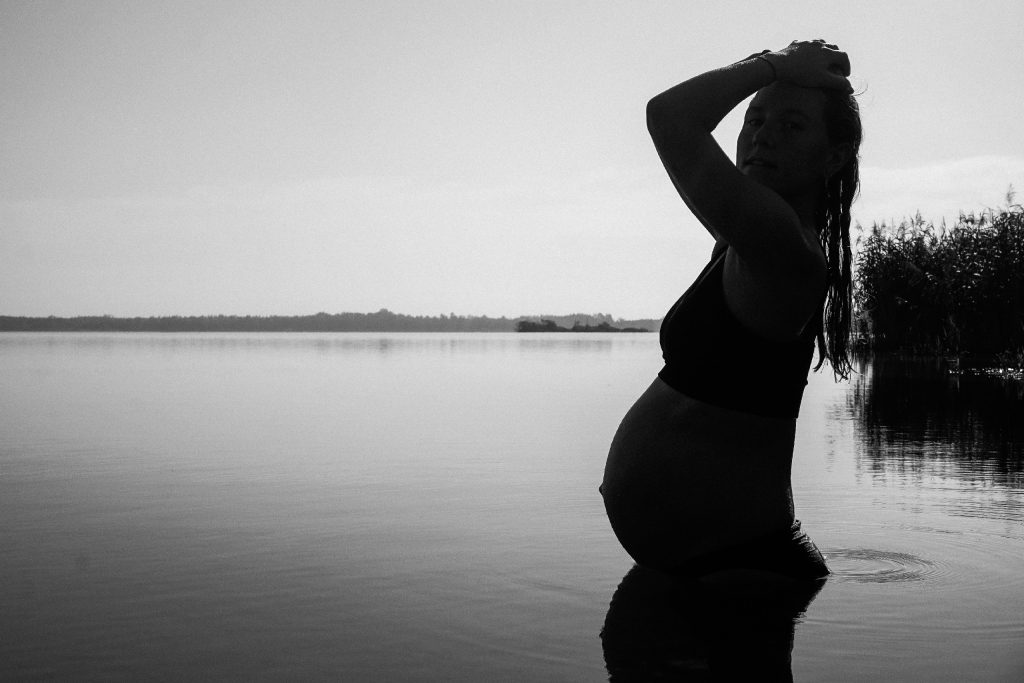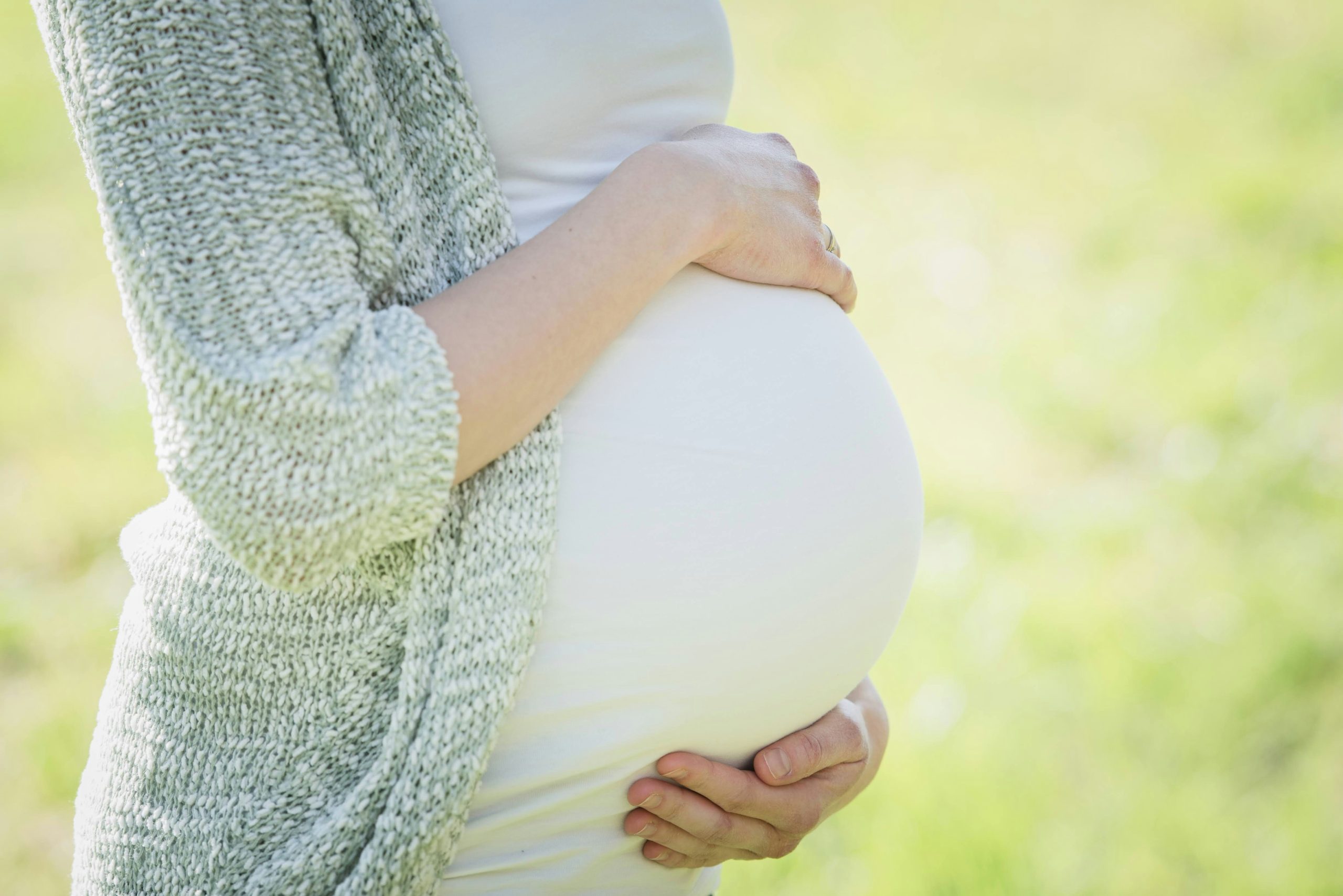As a doctor, it is important to me not only to offer you effective and safe treatments but also to provide well-founded information. A topic that interests some of my patients is the use of Botox during pregnancy. In this post, I would like to address the most important questions and explain why caution is so crucial during this special phase of life.
Is Botox Safe During Pregnancy?
Botox is one of the most popular agents in aesthetic medicine. It allows for wrinkle treatment through muscle relaxation. Botox has been successfully used for decades and is considered very safe in the skilled hands of an experienced physician.
However, during pregnancy, special caution is required when it comes to medical and especially aesthetic procedures. So far, there are no comprehensive studies that clearly prove that Botox is safe for the unborn child. This is mainly because pregnant women are usually excluded from clinical studies, and no one is allowed to “experiment” here, which I strongly support. After all, wrinkle treatment with Botox is certainly not an unavoidable procedure for maintaining health.
Although the risk is theoretically extremely low because Botox is injected locally and only minimally, if at all, enters the bloodstream, we cannot rule out with absolute certainty that the botulinum toxin reaches the unborn child or has a harmful effect, however unlikely it may be.

Have There Been Proven Malformations Due to Botox in Previously Undetected Pregnancies?
This question can be answered with a clear NO. Despite all precautions, since Botox is such a frequently performed treatment worldwide, it has occasionally happened in the past that patients underwent this treatment without them, and therefore also the treating doctors, knowing about the pregnancy. Fortunately, there is currently no clear scientific evidence that Botox directly leads to malformations or obvious complications when used in the early phase of an undetected pregnancy.
However, this is not a guarantee of safety, as a systematic investigation is lacking.
There is still a theoretical, albeit very small risk that we cannot rule out. For this reason, pregnant women are advised to refrain from Botox.
Why Should One Avoid Botox During Pregnancy?
Pregnancy is a time of enormous hormonal changes that affect the body in various ways. The immune system becomes more sensitive, the skin can react more sensitively to external influences, and the health of the unborn child is of utmost priority. Even if there is no immediate evidence of danger from Botox, the principle of “safety first” prevails during this phase.
Even though aesthetic treatments like Botox have a very high safety profile, in rare cases, side effects such as inflammations or swellings can occur. During pregnancy, there are fewer treatment options available for such, admittedly very rare, complications, and as a doctor, one may not be able to respond optimally to such reactions. For example, because in the case of a skin inflammation, some common antibiotics cannot be recommended for pregnant women.
Additionally, it is possible that hormonal fluctuations could affect the effectiveness of Botox. Thus, the result could be unpredictable or less effective, which could diminish the desired aesthetic effect.

Alternatives to Botox During Pregnancy
Many women are beautiful during pregnancy anyway and have an inner glow – one barely notices the occasional expression line.
Even if Botox should be avoided during pregnancy, there are still other ways to keep the skin fresh and well-cared for. These include:
Skincare: Invest in high-quality skincare products tailored to your skin that provide moisture and improve skin texture.
Regular facials: Facial treatments specially tailored to the needs of pregnant women can help make your skin glow and provide overall relaxation and pampering during this special time.
Hydration and healthy nutrition: A balanced diet and adequate fluid intake not only positively affect the appearance of your skin but are also best for your baby.
Conclusion
During pregnancy, the focus should be on the health of mother and child. Even though Botox is a safe and proven active ingredient, extra caution is warranted during this sensitive time. So far, there is no conclusive evidence that Botox directly causes birth defects, but the absence of evidence is not proof of safety. Therefore, I recommend my patients postpone aesthetic treatments like Botox until after pregnancy and opt for gentler alternatives during this time. Once the body has stabilized after birth, aesthetic treatments can be safely resumed.
